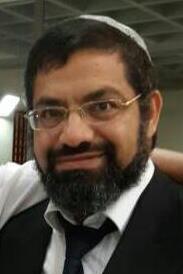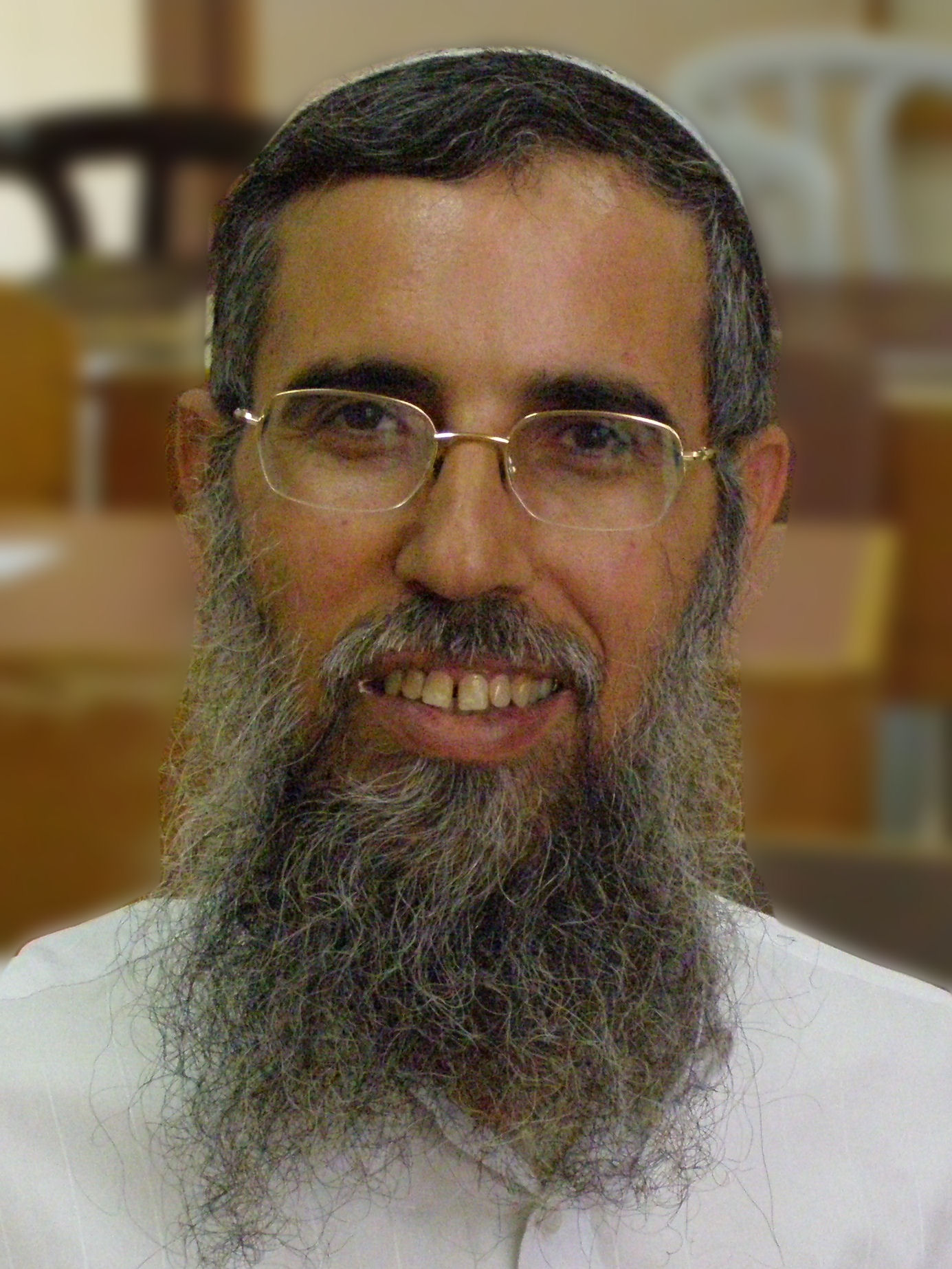Between the Righteous and the Wicked
הרב אברהם ריבלין, המשגיח הרוחני לשעבר
In the concluding prophecy of the Prophets, Malachi reproaches the nation for speaking rudely and harshly about Hashem: "Your words have become harsh against Me, says Hashem, but you say: How have we spoken against You?" (Malachi 3:13) Malachi answers the nations question,[1] " How have we spoken against You?" with the reply: "You have said: It is useless to serve G-d! What gain is there for us that we have kept His watch, and that we walk submissively before Hashem, Master of Legions? So now we praise the wicked. Evildoers are built up; they have even tested G-d and escaped." (3:14-15) The nation mocks the way Hashem runs the world, and argues that, Heaven forbid, there is no Judge and no judgment. The righteous suffer and the evil benefit. The prophet promises that in the future the situation will change: "Then you will return and see the difference between the righteous and the wicked, between one who serves G-d and one who does not serve Him." (3:18)
Metzudat David comments: "Even though now you see the transgressors existing in peace as opposed to those who worship G-d, behold you will then return and see the difference between the righteous and the wicked." The Malbim also explains the verb, "you will return": "When you return to this world by being resurrected, you will see the difference between the righteous and the wicked." The difference will not only be understood, but also self-evident. Normally, the Divine intent is that the tzaddik does not receive his reward in this world, so that he will be able to benefit from spiritual reward that has greater meaning for him in the world to come. For his few sins he prefers to be judged in this world.
Every favor in this world comes at the expense of the reward in the world to come (Shemot Rabbah 52:3):
Once there was a student of Rabbi Shimon b. Yochai who left Israel and became rich. The students would see him and become jealous and also wish to leave Israel. Rabbi Shimon b. Yochai took them to a valley, and prayed and said: "Valley, valley, be filled with golden dinarim. It started pouring golden coins before them. He said to them: If it is gold you seek, here is gold; only know that anyone who takes now, he is taking his place in the world to come. The reward of Torah is only in the world to come being. This [is what it says]: "She joyfully awaits the last day."
Later on, the Midrash brings a story about Rabbi Shimon b. Chalafta who had nothing to support himself with, so he prayed and received from heaven a valuable gem. His wife refused to accept it saying to him:" "Do you wish that your table [in the world to come] will be lacking and the table of your friend be full?" This is as we learned in Avot (2:21), "Know that reward of the righteous is in the future to come." Also, "According to the suffering is the reward" (Avot 5:3); "and since the reward is calculated according to the suffering, then the main point of worship is through suffering"[2]
However for the wicked the account is reversed. After all, even they have a few mitzvot, They therefore receive their reward in this world. The wicked ascribe more importance to this world and prefer it over the spiritual world to come. Therefore, they receive a material reward in this world. After they have received their reward in this world, they arrive on the Day of Judgment without any mitzvot and only their sins remain so that in the next world they will be punished in gehenom.
This is probably the message of psalm 92 in Tehillim:
A psalm, a song for the Sabbath day. It is good to thank Hashem ... How great are Your deeds, Hashem; exceedingly profound are Your thoughts. A boor cannot know, nor can a fool understand this: When the wicked bloom like grass and all the doers of iniquity blossom, it is to destroy them till eternity. But You remain exalted forever, Hashem. For Behold Your enemies, O Hashem, for behold, Your enemies shall perish ... A righteous man will flourish like a date palm.
What is the content of the chapter and what is its connection to the Shabbat day? Moreover, if Hashem's creations are so great and His thought so deep, it is only fair that even the wisest sages of the world will not know them and comprehend them, so what does "A boor cannot know, nor can a fool understand this" come to teach us? They don't understand a lot of simpler things![3]
Rav Hutner explains that the primary intention of the Psalm is the problem of the righteous suffering while the wicked benefit; a problem that in this world provides the main obstacle towards worshipping Hashem and believing in Him. This is only when living the present in this world, but when the world to come is taken into account, then the greatest of difficulties becomes the simplest of understandings, since it can be seen that: "When the wicked bloom like grass," the wicked were created only "to destroy them till eternity." The Shabbat day is a form of the next world; it has an inner virtue that allows all of Hashem's actions to appear just. There is a Judge and there is judgment, and the wicked receives his punishment. Therefore, "It is good to thank Hashem," and through this Hashem's wonderful Guidance of the world can be understood.
When "you will return and see the difference between the righteous and the wicked," the nation will understand the nonsense that it pronounced: "It is useless to serve G-d! What gain is there for us that we have kept His watch." In the future to come everyone will see that "the day is coming, burning like an oven, when all the wicked people and all the evildoers will be like straw; and that coming day will burn them up ... But a sun of righteousness will shine for you who fear My Name, with healing it its rays." Then everyone will know "For My Name is great amongst the nations."
[1] Malachi's style of prophecy is known for containing rhetorical questions. He introduces most of his messages in a Q&A style.
[2] Harav Chaim Shmuelevitz, Sichot Mussar, 5733, article 10: "According to the suffering is the reward" page 33. See also the following article "The Perfection of Deeds," page 57.
[3] Between an assumption and a conclusion there has to be some sort of proportion. It can't be said that someone is not as righteous as Moshe, instead he is very corrupt. This is what the Gemara deduces about Shmuel: "His sons did not follow in his footsteps – In his footsteps they did not follow, yet they also did not sin" (Shabbat 51a). If they had sinned, the Torah would not have mentioned that his sons had not followed in his footsteps.
קוד השיעור: 4042
לשליחת שאלה או הארה בנוגע לשיעור:


.jpg)
.jpg)


.jpg)